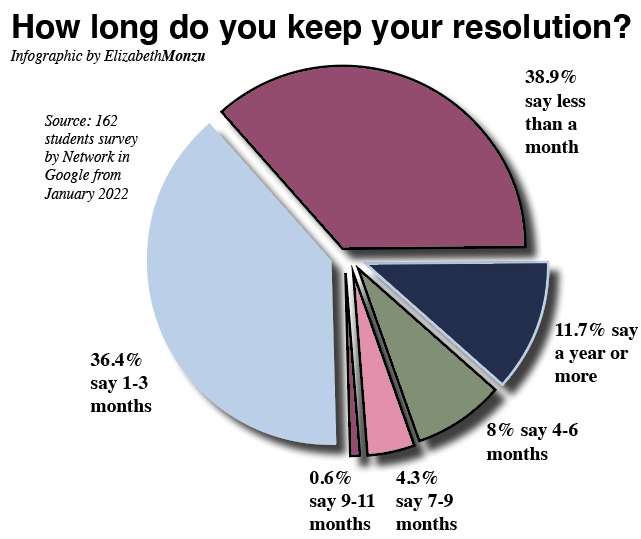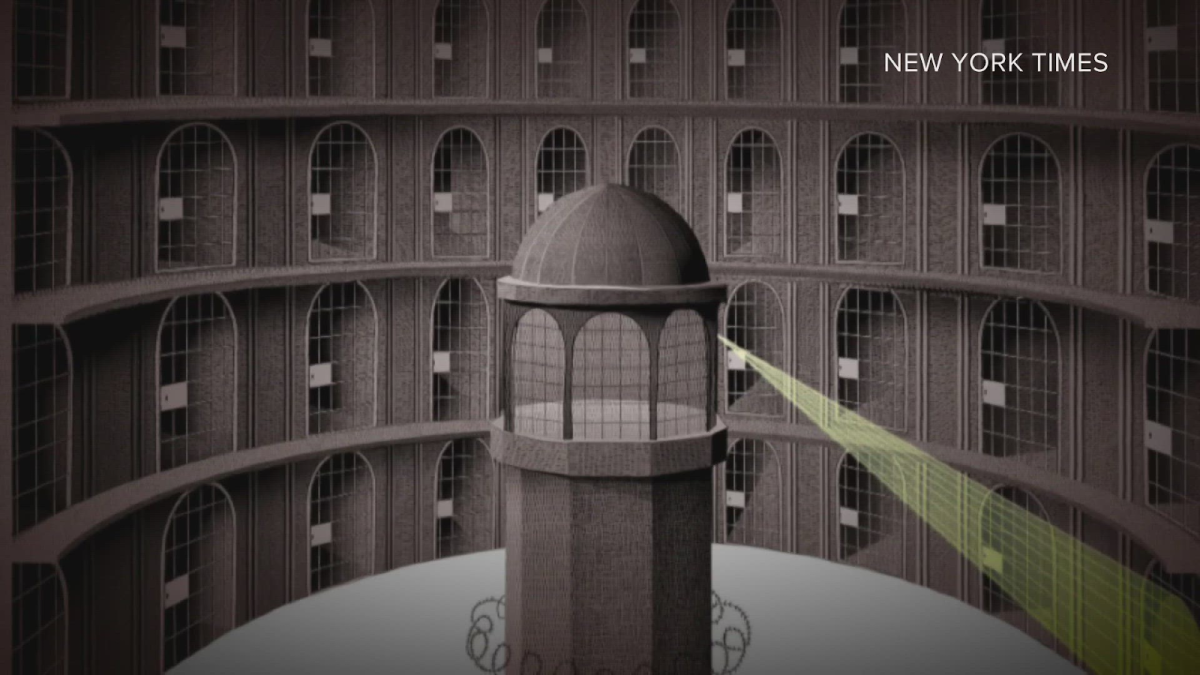You’ve most likely seen videos as you scroll through social media sites- a teen’s laptop getting smashed, or perhaps their hair being cut in an embarrassing way. Parents publically shaming their kids on the internet has become more and more popular over the years as social media has expanded. From physically disciplining their kids to making

them stand outside with signs detailing their improper behavior, parents have begun using more ‘creative’ methods of getting their children to listen. While many find these videos entertaining and believe that this is an effective way of getting children to listen, it is hard to ignore the fact that this public humiliation isn’t much different than cyber-bullying.
Parental public shaming videos are far from rare; searching ‘child public shaming video’ on YouTube produces almost 200,000 videos. The more videos of this nature that are posted, the greater number of supporters. Many parents defend this form of punishment, claiming it is effective and creative, and the children in the videos are deserving of such punishment. But is this form of discipline as successful as many claim it is, and if so, is it justified?
Public shaming from parents can result in the child’s compliance, in addition to other effects. These include a loss of trust in the parent from the child and a post on the internet that can never really be removed, along with the shame from the child in the video. Parents are trusted to correct and forgive their children’s mistakes. If they are shamed publically for their mistakes, how is a child supposed to trust and seek guidance from the one who caused them pain? Some may argue that the child should feel shame, but these critics seem to be confusing shame with guilt. Guilt teaches the child their actions were bad, whereas shame and humiliation makes a child feel as if they are the ones that are bad.
Along with these detrimental outcomes, displays of public shame on the internet stay there forever. It is difficult to move on from mistakes we have made, and is especially hard to do when strangers on the internet are judging your actions. If a child’s mistake is made public permanently, there is a good chance they will feel as though the mistake defines who they are and how people view them.
If these effects are evident, why do parents continue to shame their children? Most feel it is their last resort. They feel as though they need to hit their child where it hurts, and the internet is often where children are most vulnerable. This is where their friends are. However, this is shown to be ineffective. It is hardly discipline; instead, it is an immature and reactive behavior from the parent. Parents also shame their kids in order to lower their own anxiety and gain empathy from others on their situation. While the cause is understandable, there are many more effectual methods of proper discipline that will result in a better relationship with a child and better behavior. No matter how bad a child’s behavior is, shaming is not worth it.
Some parents had to learn this the hard way. For example, a father cut off his daughter’s ponytail after she lied about her age on Facebook. The news of this video spread quickly, mostly due to the fact that the daughter committed suicide shortly after the video was released. Unfortunately, this is not the only case of children harming themselves as a result of public humiliation from their parents.
Clearly, public shaming from parents is not worth the risk of a child being severely harmed. Shame teaches nothing but fear, and shame ruins the relationship between a parent and their child. Instead of promoting behavior such as this, social media should focus on sharing proper parenting methods. Good parenting is teaching children to learn from their mistakes, setting a good example, and letting them know they are loved regardless of the bad decisions they might have made.




























